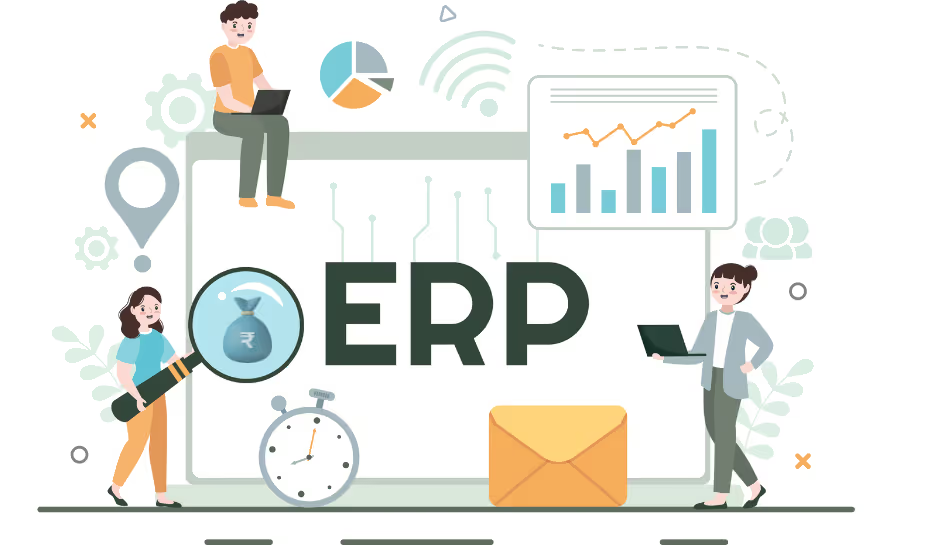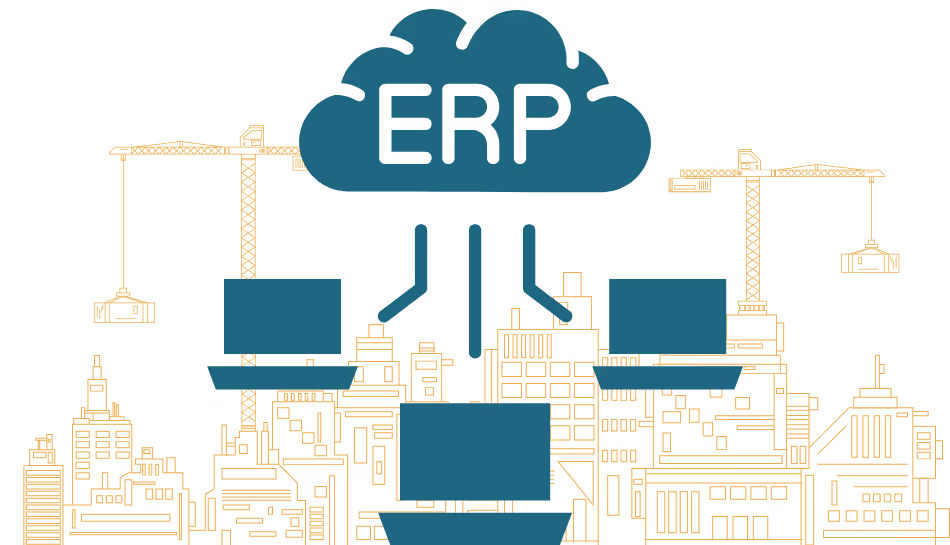
In today’s competitive business world, accurate financial data and streamlined accounting processes are critical to success. Companies, regardless of size, need tools that bring efficiency, transparency, and reliability to their financial operations. This is where ERP (Enterprise Resource Planning) software comes into play. By integrating finance and accounting into a unified system, businesses can manage resources better, track performance, and make data-driven decisions with ease.
What is ERP in Finance and Accounting?
At its core, ERP software is designed to integrate various functions of a business into one system. From human resources to supply chain and sales, ERP connects everything in a central platform. In terms of finance and accounting, it acts as a digital backbone that manages cash flow, automates bookkeeping, simplifies reporting, and ensures compliance.
Instead of relying on multiple disconnected tools, businesses can use ERP to maintain a single version of financial truth, reducing errors and saving time.
Key Benefits of ERP Software for Finance and Accounting
Implementing enterprise resource planning for accounting and finance offers a wide range of benefits:
- Automated Bookkeeping
Routine financial tasks such as journal entries, invoices, and reconciliations can be automated, freeing accountants from manual data entry and reducing errors. - Real-Time Financial Data
With ERP, managers can access up-to-date financial information anytime. Real-time insights into revenue, expenses, and cash flow help in faster decision-making. - Integrated Compliance Management
Finance teams can stay compliant with tax laws, accounting standards, and audit requirements by using built-in compliance features in ERP software. - Accurate Reporting & Analytics
ERP systems allow businesses to generate financial reports such as balance sheets, profit and loss statements, and cash flow statements quickly, enabling financial forecasting and trend analysis. - Cost Control & Budgeting
By integrating budgeting with actual performance, ERP helps organizations identify variances, control costs, and allocate resources effectively.
Why ERP is Better than Standalone Accounting Tools
While traditional accounting software can handle bookkeeping, it often lacks the integration required for holistic financial management. An ERP system, on the other hand, goes beyond accounting to connect finance with operations, HR, procurement, and sales.
This integration ensures that finance leaders don’t just see numbers, but also understand the story behind them. For example, delayed payments in procurement can be linked to cash flow challenges, or sales growth can be tied directly to revenue recognition.
Bigsun ERP: Transforming Accounting and Finance
Among the many solutions available, Bigsun ERP stands out as one of the most powerful systems for finance and accounting management. Designed to suit businesses in India and globally, Bigsun offers advanced modules that simplify financial operations.
Features of Bigsun ERP for Finance:
- General Ledger & Journal Management – Accurate tracking of transactions.
- Accounts Payable & Receivable – Streamlined billing and collections.
- Cash Flow Monitoring – Real-time view of cash inflows and outflows.
- Tax & Compliance Tools – Automated GST and other statutory filings.
- Financial Reporting – Customizable dashboards for CFOs and managers.
By combining accounting efficiency with enterprise-wide integration, Bigsun ERP ensures financial transparency, reduces manual effort, and supports better business decisions.
The Future of ERP in Finance
As technology continues to evolve, ERP software will further transform financial management. With the rise of artificial intelligence, predictive analytics, and cloud-based solutions, ERP will empower finance teams to focus less on manual data entry and more on strategic planning.
Businesses that adopt ERP for accounting and finance today are setting themselves up for smarter, faster, and more efficient operations in the future.
Final Thoughts
For businesses looking to gain financial clarity and operational control, enterprise resource planning is no longer optional. It is a necessity. Whether you are a startup or an established enterprise, ERP software can simplify accounting, enhance compliance, and give decision-makers the real-time insights they need.
And when it comes to choosing the best solution, Bigsun ERP delivers the perfect blend of functionality, reliability, and scalability for financial and accounting management.

